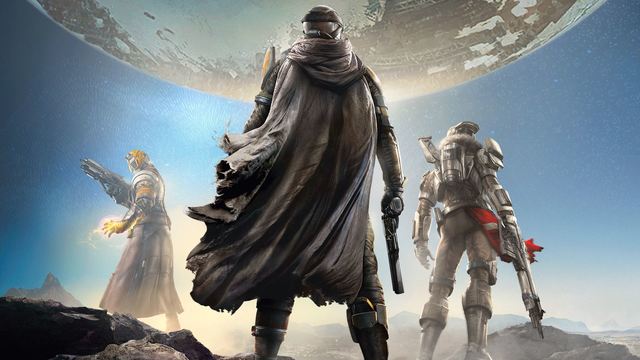For years now, game developers have incorporated a bit of psychology into their games in subtle ways. Most of the time, there is no malicious intent involved — they just want to give you an extra incentive to play one more match or go do that extra side quest. From leveling systems to tiered loot, games have tapped into our subconscious desire to improve.
Of course, this also leads to those stories where someone just got a new game and ended up playing it until 5 in the morning. But for the most part, putting a mildly addictive element into games is no more dangerous than using alcohol in cooking.
A tale of carrots and sticks
Take a look at Bungie’s Destiny, for example. For the most part, Destiny works like this: you play for a bit, get slightly better loot, play a slightly more difficult mission, get slightly better loot — and so on and so forth.
A similar pattern exists in most games, whether it be Halo 5, Fallout 4, or Star Wars Battlefront. They all have a golden carrot at the end of a long stick that has several smaller carrots leading up to it. The idea is that if you leave a game somewhere on your journey to get that penultimate reward, you’re going to leave the game happy — or, at least, satisfied.
But isn’t everyone saying that Destiny and Bungie are literally the worst ever?
Unfortunately for Bungie, their stick is rather short and in some cases, it loops around. And that carrot at the end? Sometimes its not there, or it’s moldy. In other words, Bungie ran out of content for Destiny — and if various reports are to be believed, they have no plans for new and substantial content in the near future.
So you have a game that relies on rewarding repetitive behavior. This game creates an audience that is now accustomed to such behavior. And now most of that audience has grown tired of the repetition and the reward (or lack thereof), which makes them angry.
Wait a minute…that sounds familiar
Unsurprisingly, this is similar to what a stereotypical drug or gambling addict goes through; they get hooked on something, which leads to them developing a tolerance for it. And that tolerance makes them want more of it. Once the source of their addiction gets cut off, they fall into a downward spiral of misery and despair.
So why aren’t all game audiences like that?

Unlike Destiny, most other games do not tease you with the possibility of a reward, or offer the same reward over and over. Some games also give the impression that they have enough content to make the player feel like they can’t possibly complete it all (i.e. Fallout 4). And other games have some kind of additional content.
But for some strange reason, Bungie decided that it would be a good idea to have new content that replaces, rather than adds to, existing content. This means that rather than simply adding to the length of this stick of carrots or putting a better carrot at the end, they’re chopping bits of the stick off and replacing them, while leaving the overall stick relatively unchanged.
This, of course, leads to the rather predictable outcome of people getting angry that you’re getting rid of perfectly good parts of their (already short and loopy) stick of carrots, while ignoring the parts of it that are actually faulty.
All that being said…
This is (realistically) only applicable to a relatively small portion of Destiny’s audience. After all, there is a reason why the phrase “vocal minority” exists. Maybe you still enjoy playing the game, maybe you quietly left the game long ago but like seeing discussion about it, or maybe you’re somewhere in between.









Published: Jan 25, 2016 02:18 pm